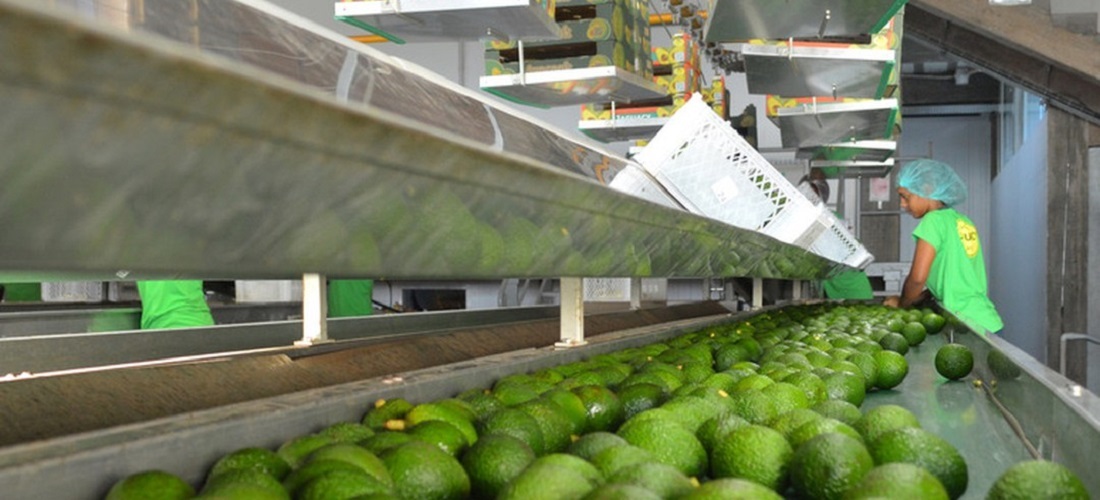
Brazil to export table grapes and avocados to Bolivia
Oct, 19, 2020 Posted by Ruth HollardWeek 202043
On Friday, October 16th, the Ministry of Agriculture announced the opening of the Bolivian market for Brazilian table grapes and avocados. The export authorization came into force on Saturday, the 17th.
According to Eduardo Brandão, CEO of ABAFRUTAS (the Brazilian association of fruit and derivative export producers), the negotiations with the Bolivian market took place to diversify the export basket, given that the European Union (EU) is the main importer of Brazilian fruits, with almost 60% of shipments. “As the European Union has made some environmental restrictions for our product, we needed an outlet,” said the executive.
According to Brandão, trade negotiations began on the Bolivian side. As the country is a neighbor of Brazil, transportation and logistics costs reinforce the attractiveness of the commercial relationship.
According to data from ABAFRUTAS, Bolivia produces about 1 million tons of fresh fruit every year. In Brazil, production is around 45 million tons.
Since the beginning of 2019, four products have been authorized for export to the Americas: avocados to Argentina, apples to Guatemala, and grapes and avocados to Bolivia. The period is also marked by the negotiation of melons with China, the first fresh Brazilian fruit to enter the Asian country. Bolivia has also opened its market to import eucalyptus and teak seeds and seedlings from Brazil.
Fruit Exports Grow in the Third Quarter of 2020
ABAFRUTAS information shows that Brazilian fruit exports grew 6% in the third quarter of 2020 compared to the same period in 2019. Despite this, revenue remains almost the same as in the previous year, totaling around US$ 512 million.
The main fruits exported are pineapple, 173%, orange, 148%, lemon, 15%, banana, 17%, apples, 12%, grape, 6%, and mango, 2%.
In 2019, orange exports were hampered due to phytosanitary problems identified in fruits exported to the EU, but this year, exports returned to normal.
In the case of bananas, just over 69,000 tons were exported. According to Brandão, there was an increase in the volume exported to the Mercosur countries, especially Argentina. He says that bananas produced in Brazil and exported via land to Argentina are cheaper than those imported from other producers, such as Colombia.
“The partial improvement in exports via air transport also had an influence on the growth of the exported volume. Historically, fresh fruit exports from Brazil have been higher in the last quarter, which leads us to believe that we should close the year with a growth of between 5% and 8% in relation to 2019”, stated the ABAFRUTAS CEO.
There was a small drop in melon exports, about 2% compared to 2019; this was due to the delay in this harvest. However, Brandão explains that production is going well; quality is good and volumes are expected to increase substantially in the coming months. In addition, Brazil has already begun to export melon to China; it is estimated that exports of this fruit will double.
Sources: Valor Econômico and ABAFRUTAS
-
Ports and Terminals
May, 13, 2019
0
Codesp considers seven emergency dredging offers
-
Other Cargo
Apr, 18, 2023
0
Brazil Q1 cocoa grind jumps 15%, imports up sharply, says industry group
-
Nov, 23, 2022
0
UK suspends tariff on juice imports
-
Shipping
May, 11, 2020
0
MSC Giselle in quarantine at Santos after two Covid-19 cases were found onboard


